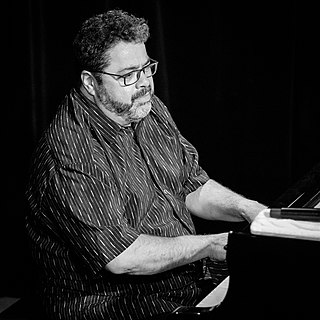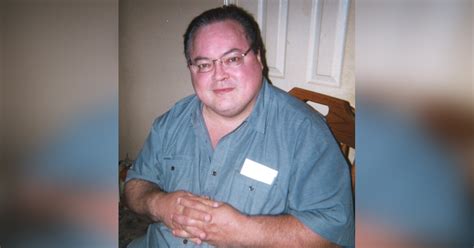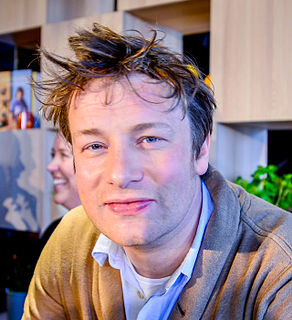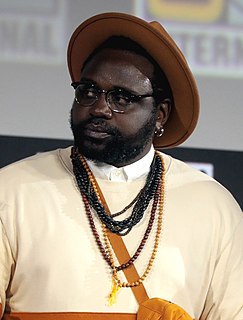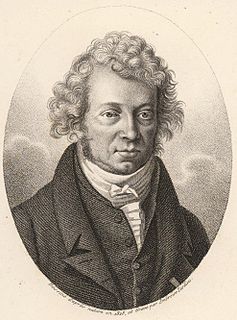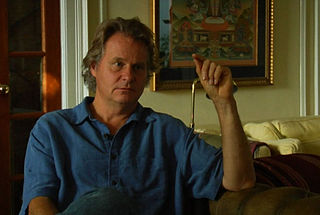Цитата Джеймса Редфилда
Если история нам что-то и говорит, так это то, что человеческая культура и знания постоянно развиваются.
Связанные цитаты
У нас была та или иная форма государственного капитализма в течение чрезвычайно короткого периода человеческой истории, который по сути ничего не говорит нам о человеческой природе. Если вы посмотрите на человеческие общества и человеческие взаимодействия, вы можете найти что угодно. Вы находите эгоизм, вы находите альтруизм, вы находите сочувствие.
Библиотека соединяет нас с пониманием и знанием, с трудом извлеченными из природы, величайших умов, которые когда-либо существовали, с лучшими учителями, привлеченными со всей планеты и со всей нашей истории, чтобы наставлять нас без устали и вдохновлять нас внести свой вклад в коллективное знание человечества.
История — это еще не все, но это отправная точка. История — это часы, которые люди используют, чтобы определять политическое и культурное время суток. Это также компас, который люди используют, чтобы найти себя на карте человеческой географии. История рассказывает людям, где они были и кем они были, где они находятся и что они из себя представляют. Самое главное, история подсказывает людям, куда они еще должны идти, какими они должны быть. Отношение истории к народу такое же, как отношение матери к своему ребенку.
Культурное выживание — это не сохранение, изоляция коренных народов в анклавах, как какие-то зоологические экземпляры. Изменение само по себе не разрушает культуру. Все общества постоянно развиваются. Действительно, культура выживает, когда она достаточно уверена в своем прошлом и достаточно говорит о своем будущем, чтобы сохранить свой дух и сущность во время всех изменений, которым она неизбежно подвергнется.
Непосредственное знание говорит нам только о том, что Бог есть, а не о том, что Он есть. Но если Бог не есть пустое Существо за звездами, Он должен присутствовать в общении человеческих духов, и в своем отношении к ним он есть Единый Дух, пронизывающий реальность и мысль. Следовательно, не может быть окончательного разделения между нашим непосредственным сознанием его и нашим опосредованным знанием действительности.


